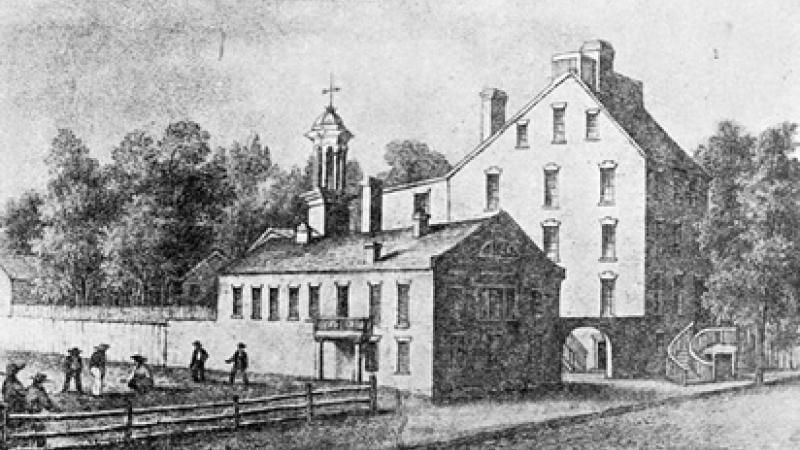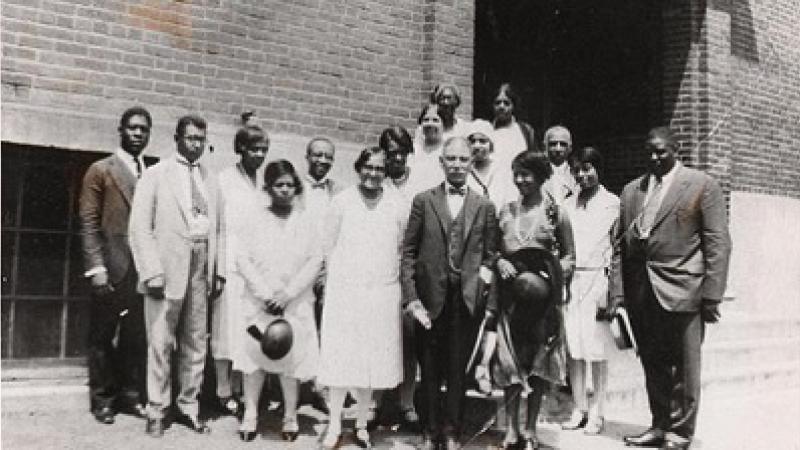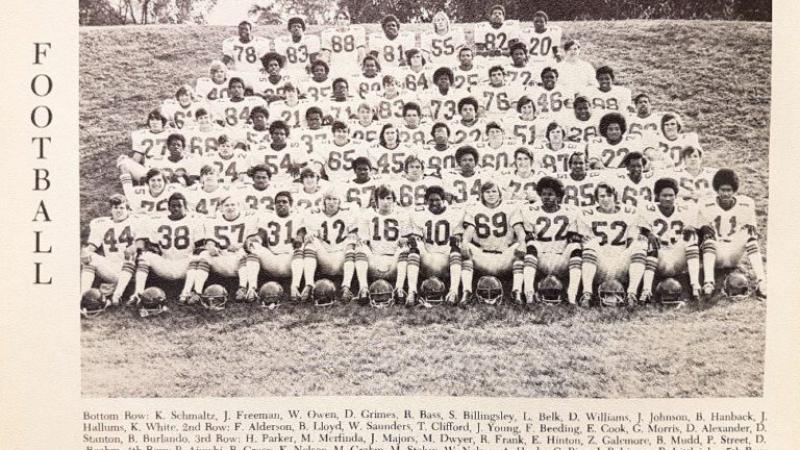Black Education in Alexandria: A Legacy of Triumph and Struggle
Black Education in Alexandria: A Legacy of Triumph and Struggle
Part 1: Early African American Education in Alexandria 1793-1870

As early as the 1790s there were schools that taught Free and enslaved Blacks in Alexandria. Black educators were able to establish schools, first while Alexandria was part of Washington, D.C. and again, during the Civil War when the U.S. Army operated out of the city. During the early years of Alexandria’s free public school system, Alexandria’s African American community had better educational opportunities than white children. Learn about Black educators and advocates who laid the foundation for the city’s first public school systems in the first part of the research report.
- Part 1: Early African American Education in Alexandria 1793-1870
- Read the March ACRP Newsletter article about this research.
Part 2: Separate and Not Equal, 1870-1954

Alexandria established the first public schools in 1870 as part of an agreement Richmond made for Virginia to rejoin the Union. In 1870, Conservatives won a majority of seats in Richmond and in Alexandria. While they were constitutionally required to offer a free education, legislators ensured white and Black children would not learn together. Segregation was key to white support for tax supported free education. Local white authorities chose not to share power with the Black community, or get help from the cadre of seasoned African American educators. Initially, Black students outscored their white peers on tests because of the higher quality of their teachers. But losing agency meant that Alexandria’s African American community was denied new school buildings, their teachers were underpaid and undersupported by white officials who controlled the resources, operation and administration of their schools. Although there were Black students ready for a high school as early as 1870, city officials did not provide one until 1950. Read about the ways segregation eroded Black educational opportunities, and the first history and culture wars that influenced Alexandria schools in Part 2 of the research report.
- Part 2: Separate and Not Equal, 1870-1954
- Read the March ACRP Newsletter article about this research.
Part 3: The Legacy of Segregation, 1954-2023

The final chapter of this historical audit reveals the impact of Massive Resistance on Alexandria schools and the legacy of white Alexandrians' reaction to forced desegregation on Black education. The tracking policies put in place in the 1970s to benefit white students at the expense of African American children led to a whopping achievement gap by 1985. The growth of Washington and Richmond’s roles in local schools grew significantly in the 21st century. From No Child Left Behind to Every Student Succeeds, policies meant to help close the achievement gap created by segregation, first in law and then in practice, actually hurt urban schools including Alexandria’s. Read the final part of the research report.
- Part 3: The Legacy of Segregation, 1954-2023
- Read the May ACRP Newsletter article about the impact segregation had on Black education in Alexandria.


